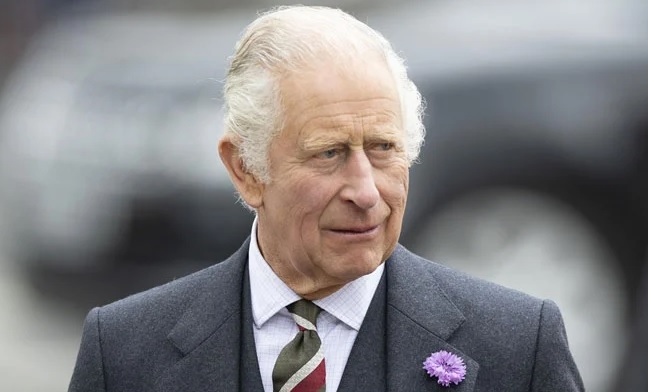MUMBAI, July 3 (TNF): Indian music and film icon Diljit Dosanjh has voiced strong support for Sardaar Ji 3, its producers, and Pakistani co-star Hania Aamir, as the film faces criticism in India over Aamir’s casting.
Speaking to BBC Asian Network, Dosanjh addressed the backlash directly, explaining that political tensions escalated only after the film’s production had wrapped. “When we made the film in February, everything was fine between the two countries. When I signed it, everything was okay. What’s happened since is beyond our control. If the producers now want to release it internationally, I fully stand with them,” Dosanjh said.
He added that the decision not to release Sardaar Ji 3 in India stemmed from the producers’ effort to minimize financial damage. “They know they’ll incur losses because they’ve cut off a major market. But what can be done?” he remarked.
The film became a lightning rod for controversy following accusations from New Delhi that Pakistan was responsible for the Pahalgam attack — a claim Islamabad has repeatedly rejected. The situation spiraled after India’s overnight air strikes on Pakistani territory, which according to ISPR, killed 31 civilians and injured 57 more, including women and children. Aamir’s condemnation of the strikes on Instagram, where she called them “cowardly” and “shameful,” further fueled anger in India and led to boycott calls against the film, which releases globally tomorrow.
Despite the uproar, Dosanjh praised Aamir’s professionalism during filming. “We didn’t spend much time together, but she was extremely professional and it was a positive experience on set,” he shared. He also noted that contrary to popular belief, actors don’t always socialize extensively behind the scenes. “I’m very private. I respect everyone’s space, especially women. They deserve that. Offscreen life is very different.”
Dosanjh’s remarks stand out at a time when cross-border creative partnerships have come under intense scrutiny in India amid rising nationalist sentiment. While Indian film bodies have called for a ban on Dosanjh and All India Cine Workers Association President Suresh Shyamlal Gupta labelled Aamir a “terrorist,” Aamir’s casting has been celebrated in Pakistan.
The film’s absence from Indian cinemas underscores how political tensions are reshaping South Asian cultural exchanges. Still, Dosanjh remains steadfast in his mission to showcase Punjabi culture on the global stage. From his historic Coachella performance to appearances on The Tonight Show and the Met Gala, Dosanjh has become a powerful ambassador for Punjabi identity.
He reaffirmed his commitment in the interview: “If my song is a global hit, I want it to sound Punjabi. It has to have a dhol beat. Otherwise, what’s the point in it sounding like everyone else’s music?”
Dosanjh’s support for Aamir and his pride in Punjabi heritage, regardless of borders, offer a rare, unifying voice at a divisive time for regional art and cinema.



